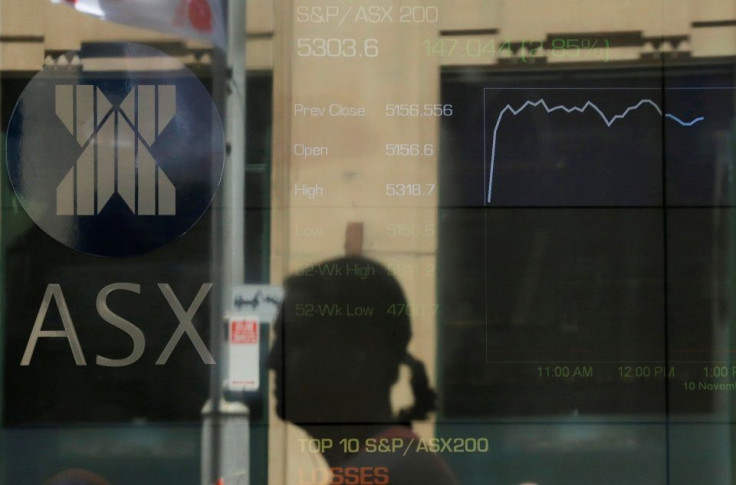ASX recovers from initial shock of Trump win, adds $50 billion to shares & posts biggest 1-day hike in 5 years

It took the Australian Stock Exchange (ASX) only one day to recover from the initial shock that Republican candidate Donald Trump would be the next occupant of the White House. After panic selling on Wednesday wiped out US$35 billion (A$45.78 billion) from the stock exchange, US$50 billion (A$65 billion) was added on Thursday.
Gainers were mining companies as the markets saw a potential increase in infrastructure spending in the US for the next four years under a Trump administration. It resulted in a 3.3 percent expansion to 5,328.8 points and 5,408.9 points, respectively, for the benchmark S&P/ASX 200 Index and the broader All Ordinaries Index. It is the biggest one-day increase since October 2011, breaking a five-year record.
Iron ore shareprices soared to the highest level since January 2015, boosting BHP Billiton’s (ASX: BHP) by 8.2 percent, Rio Tinto (ASX: RIO) by 8.2 percent and Fortescue Metal Group (ASX: FMG) by 10.7 percent, Sydney Morning Herald reports.
Among the boosters to investor confidence in Trump’s administration is his promise to reform taxes and limit business regulation, expected to jumpstart the American economy and lift inflation. Investors once more sold their gold stocks, causing the price of the yellow metal to go down below US$1,300 (A$1,693).
But Michael McCathy, chief market strategist of CMC Markets, points out the main reason for the reversal in the markets is Trump’s victory speech. ““The rancour of the US election campaign appeared to evaporate after conciliatory concession and acceptance speeches from the candidates … Markets turned from predicting economic disaster to optimism about potential for economic reform,” he explains.
Beyond shareprices, experts see Australia emerging as a possible stable, open partner for the US in the Asia-Pacific region. Since Trump promised to increase the tariff on Chinese products to 45 percent and Mexican goods to 35 percent, he would unlikely begin a direct trade fight with Australia which Washington does not view as a risk.
However, if Trump would cause problems with China, it would likely result in a knock-on effect on the Australian economy which would be collateral damage, reckons Tim Harcourt, economics fellow at the University of New South Wales Business School.




















